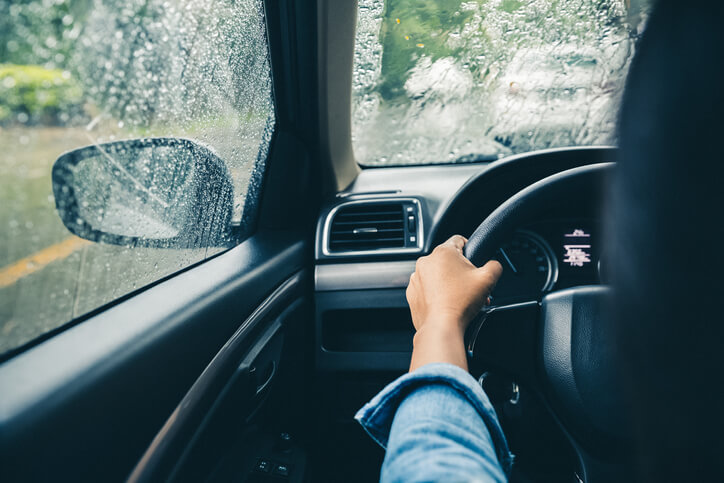Did you know that every 90 seconds, a person is injured due to a drunk driver? This is a frightening statistic for anyone who drives often.
Thousands of people are killed in DUI accidents each year. And because of this, Washington State takes DUIs very serious, compelling reckless and intoxicated drivers to have IIDs installed in their vehicles.
If you are facing the possibility of having an ignition interlock device installed in your vehicle, here’s a rundown of what an IID is and how it works.

What is an IID?
An ignition interlock device is a breathalyzer for an individual’s vehicle. IID’s are used for people who have had prior DUI convictions. They are often used as a probation mechanism.
The device requires the driver to breathe into it before allowing the engine to start. This is to prevent intoxicated drivers from operating vehicles on the road.
The IID interrupts the signal to the engine and won’t allow the car to start until a testable breath sample has been provided and approved.
Should the driver attempt to start the vehicle if his/her breath has alcohol in it, the vehicle will set off the alarm until the driver stops.
How Does an IID Work?
An ignition interlock device is designed to prevent intoxicated individuals from driving and causing a wreck. Since IIDs have started being used, deaths from DUIs have decreased, and thousands of accidents have been avoided.
An ignition interlock device is installed in an individual’s car and attached to their starter. The driver is required to submit a breath sample into the device, and it then tests the breath for signs of alcohol. If the driver is sober, the vehicle will start. If the driver is intoxicated, the ignition interlock device will not allow the vehicle to start and will instead set off the car alarm (horn honking and lights flashing) until the driver stops attempting to start the vehicle.
At random, the driver will again need to retest by blowing into the IID. If they fail to retest at the appropriate time, the car alarm may begin going off until a breath sample has been successfully submitted.
Contrary to what some believe, an IID will not turn your vehicle off if it is already started (e.g., the driver fails the retest breath test. Instead of shutting off the engine while the driver is on the road (which would be very dangerous), the car alarm will go off — warning other drivers nearby.
Can Ignition Interlock Devices Get a False Positive?
Yes, IIDs can, on occasion, get false results. This only happens if the driver has consumed alcohol or used a product containing alcohol shortly before taking the ignition interlock breathalyzer test.
If, for example, you have consumed food that used alcohol in the cooking, you could get a false positive from your IID. Similarly, if you have used mouthwash or other hygiene products that contain alcohol, your ignition interlock device could pick up on the alcohol content and get a false positive.
To avoid false positives on your IID, rinse your mouth before breathing into the device.
Why are Ignition Interlock Devices Used?
As it currently stands, 30 US states, along with Washington DC, require that anyone convicted of drinking and driving must use an IID. States that use ignition interlock devices have seen a drastic decrease in the number of fatalities due to drunk driving.
Ignition interlock devices were first used in the 1980s and have grown in demand since. IIDs have stopped countless attempts at driving drunk and saved many lives in the process.
How to Use an Ignition Interlock Device
Ignition interlock devices are extremely easy to use. Depending on the IID that you have, it may require a straight breath, an exhale-inhale-exhale breath, or an exhale and hum breath to take the sample. Many IIDs use the exhale-inhale-exhale pattern as those are considered to be the most effective in testing for alcohol content.
Most ignition interlock devices test for several seconds before giving you your results. As you drive a vehicle with an IID, you will be randomly asked to retest, after which you have between four and six minutes to submit to the test. If you do not perform the retest, your car alarm will be set off, and it won’t stop until you have retested using the breathalyzer.
Work With a DUI Defense Attorney Today
If you are facing DUI charges or a license suspension due to reckless driving or a failed breathalyzer test, you should seek out legal help.
Driving while under the influence of drugs or alcohol is extremely dangerous and can lead to severe consequences.
If you are facing any legal repercussions that you would like to contest, it’s important to work with a skilled defense attorney. If you would like to fight your DUI or reckless driving conviction, contact Matthew Leyba of Leyba Defense to schedule your first consultation.
